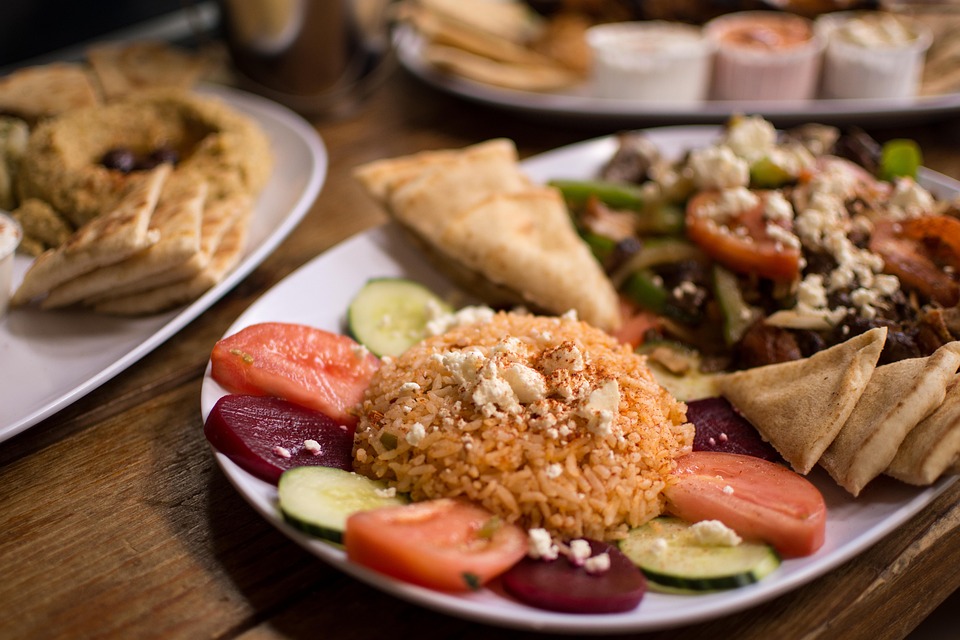Greece, a land steeped in history, is equally known for its vibrant culinary culture. The Mediterranean diet, celebrated worldwide for its health benefits, finds its roots in the rich tapestry of Greek ingredients and traditional preparation methods. But what truly makes Greek recipes stand out are the age-old secrets and values embedded in them. Let’s delve into the heart of Greek cuisine and uncover the authentic elements that make these dishes so irresistible.
The Essence of Freshness and Simplicity
At the core of authentic Greek cooking lies a mantra: freshness. The use of in-season vegetables, fruits, and herbs showcases the country’s bountiful nature. Staples such as tomatoes, zucchini, eggplant, and bell peppers are not just ingredients; they are reflections of the Greek landscape. Emphasis on simplicity is another hallmark; rather than overcomplicating flavors, Greek chefs enhance the natural taste of ingredients with minimal seasoning, often relying on olive oil, lemon, garlic, and herbs.
Key Ingredients:
- Olive Oil: Often referred to as "liquid gold," high-quality extra virgin olive oil is a cornerstone of Greek dishes.
- Herbs: Oregano, dill, mint, and thyme are used extensively, contributing depth and fragrance to various recipes.
- Cheese: Feta, graviera, and kasseri serve as integral components, adding creaminess and tang.
Time-Honored Tradition vs. Modern Adaptation
Traditions passed down through generations find their place at the table in Greek homes. Family recipes, often homemade, are treasured and shared during gatherings. Cooking is also an act of love, and the practice of gathering around the table reflects the communal spirit of Greek culture.
However, as with all cuisines, modernization has influenced the way Greeks cook and eat today. While traditional recipes are maintained, there is a growing trend towards healthier and lighter variations without losing authenticity. This adaptability showcases the resilience of Greek culinary heritage while embracing contemporary tastes.
Signature Dishes:
- Moussaka: A layered dish made with eggplant, minced meat, and béchamel sauce, rooted in both ancient and modern cooking.
- Dolmades: Grape leaves stuffed with rice and herbs, often served with a side of tzatziki, exemplifying the simplicity and richness of Greek flavors.
- Baklava: A sweet pastry made from layers of filo dough, nuts, and honey, representing the blend of textures and sweetness typical of Greek desserts.
The Role of Community and Sharing
Greek cuisine transcends mere sustenance; it embodies the spirit of belonging and togetherness. Meals are typically shared among family and friends, and the act of breaking bread carries deep significance. This emphasis on collaboration and hospitality shines through, whether at a bustling taverna or a family dinner.
Festive Foods:
During holidays and celebrations, specific dishes take center stage. For example, during Easter, lamb is commonly prepared, while Christmas tables are adorned with sweet breads and dishes that have been prepared lovingly over days.
Cooking Techniques: A Culinary Journey
Greek cooking techniques are as varied as its landscapes. Whether grilling, baking, or slow-cooking, the method often enhances the inherent flavors of the ingredients. Traditional clay pots, called “tsoukali,” are frequently used to retain moisture and impart a unique earthiness to the dish.
Essential Techniques:
- Grilling: Meats and vegetables are traditionally grilled over charcoal, infusing them with a smoky aroma.
- Braising: This slow cooking method allows flavors to meld and develop, particularly in hearty stews like stifado (beef stew).
- Pickling: Preserving vegetables through pickling is common, adding a tangy contrast to many meals.
Conclusion: The Allure of Greek Cuisine
The secrets behind authentic Greek recipes are not just about the ingredients or cooking techniques; they lie in the heart and soul of the people who prepare them. Each dish tells a story of identity, culture, and history, inviting everyone to partake in a communal experience that transcends borders.
As we savor the flavors of Greece, we understand that the essence of Greek cooking is about more than taste—it’s about connection, tradition, and the love that goes into every meal. So, the next time you enjoy a Greek dish, take a moment to appreciate the rich heritage and labor of love that makes it truly authentic.



